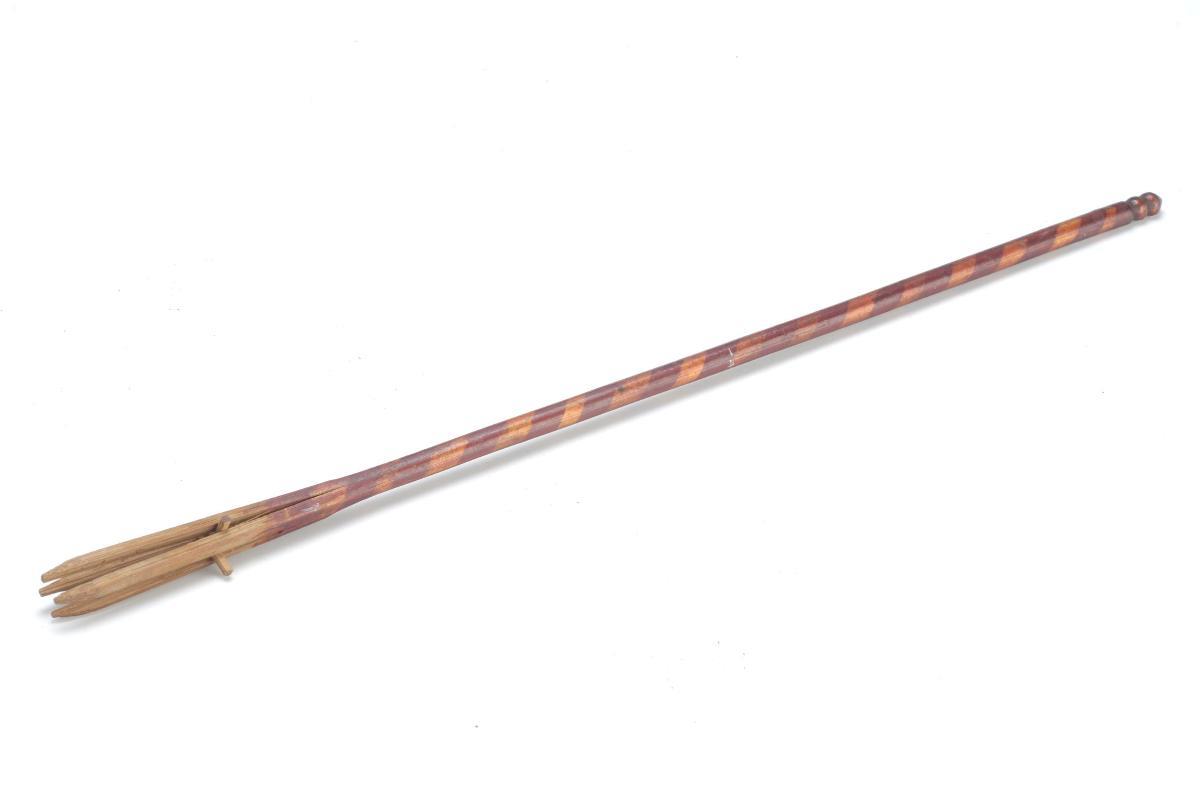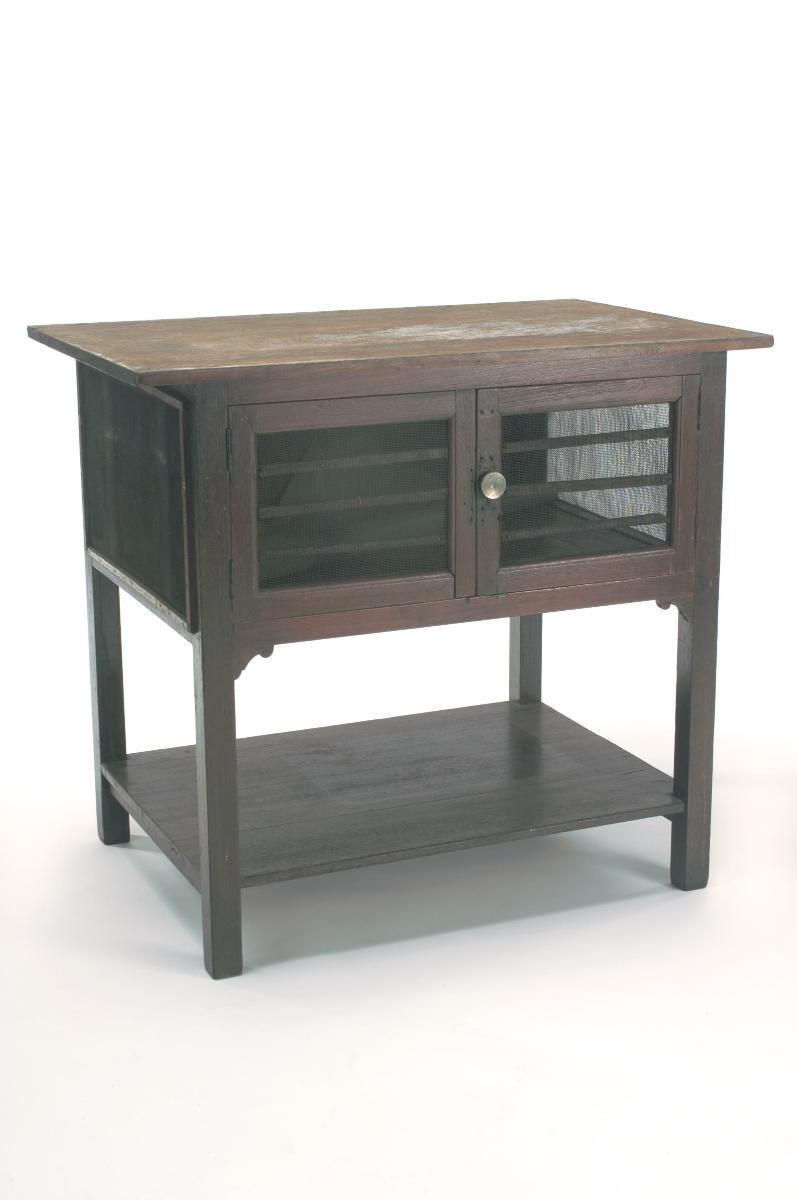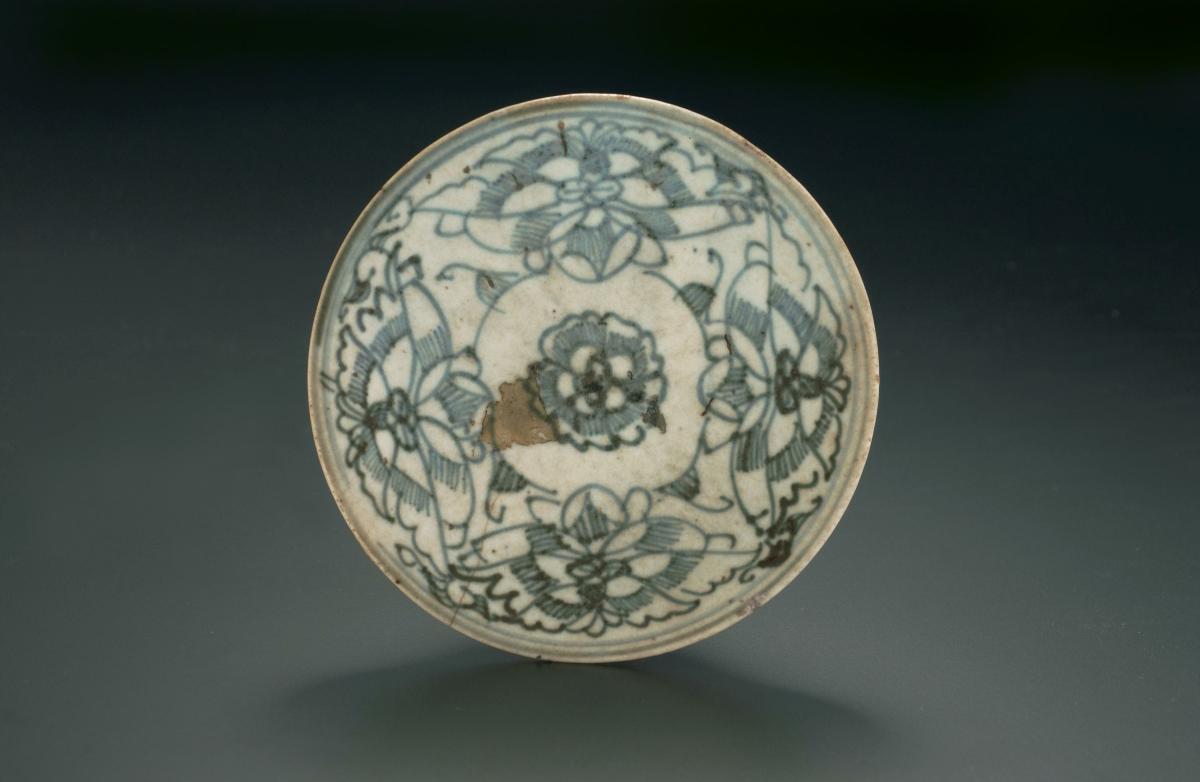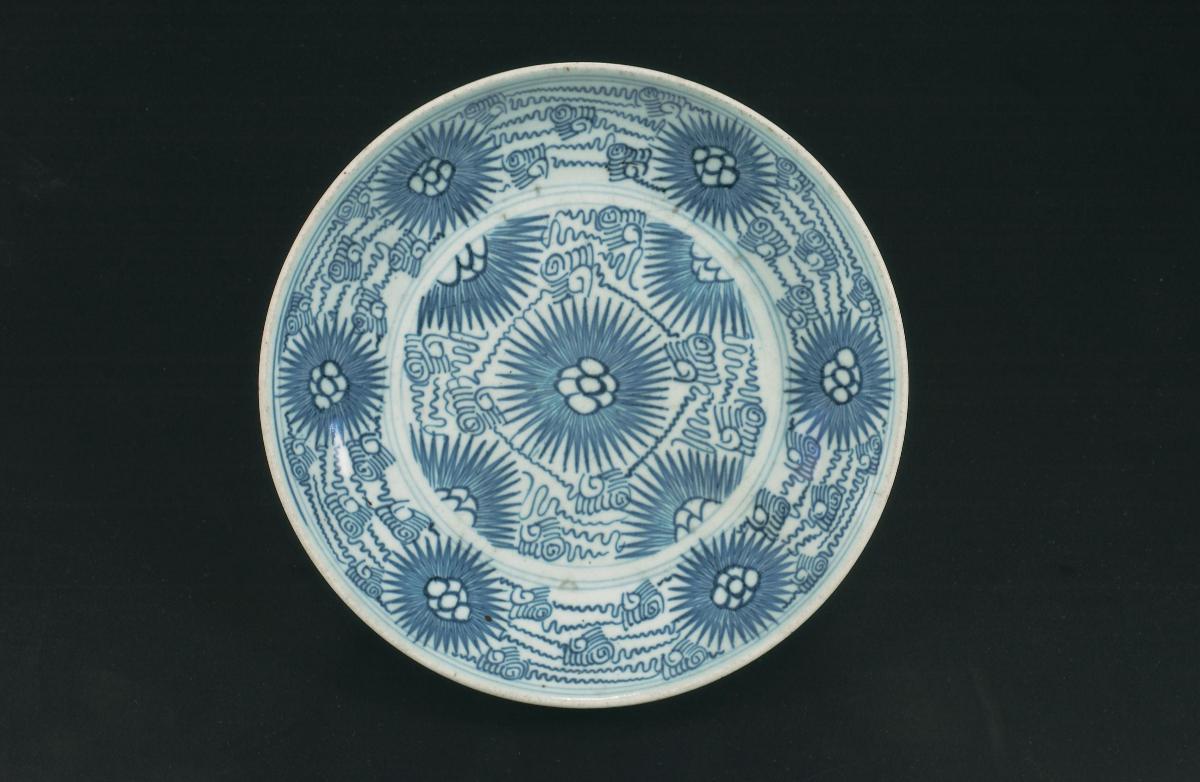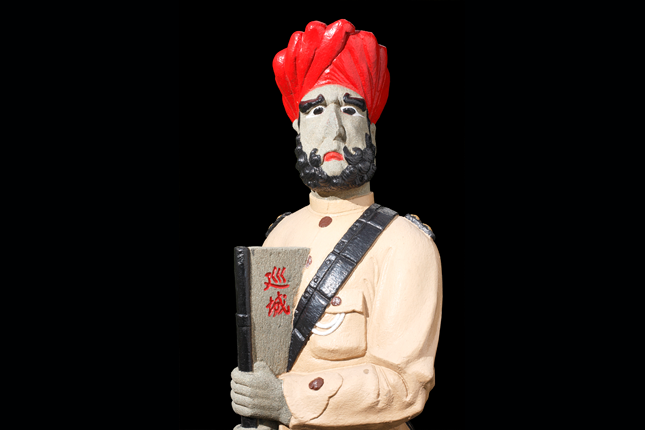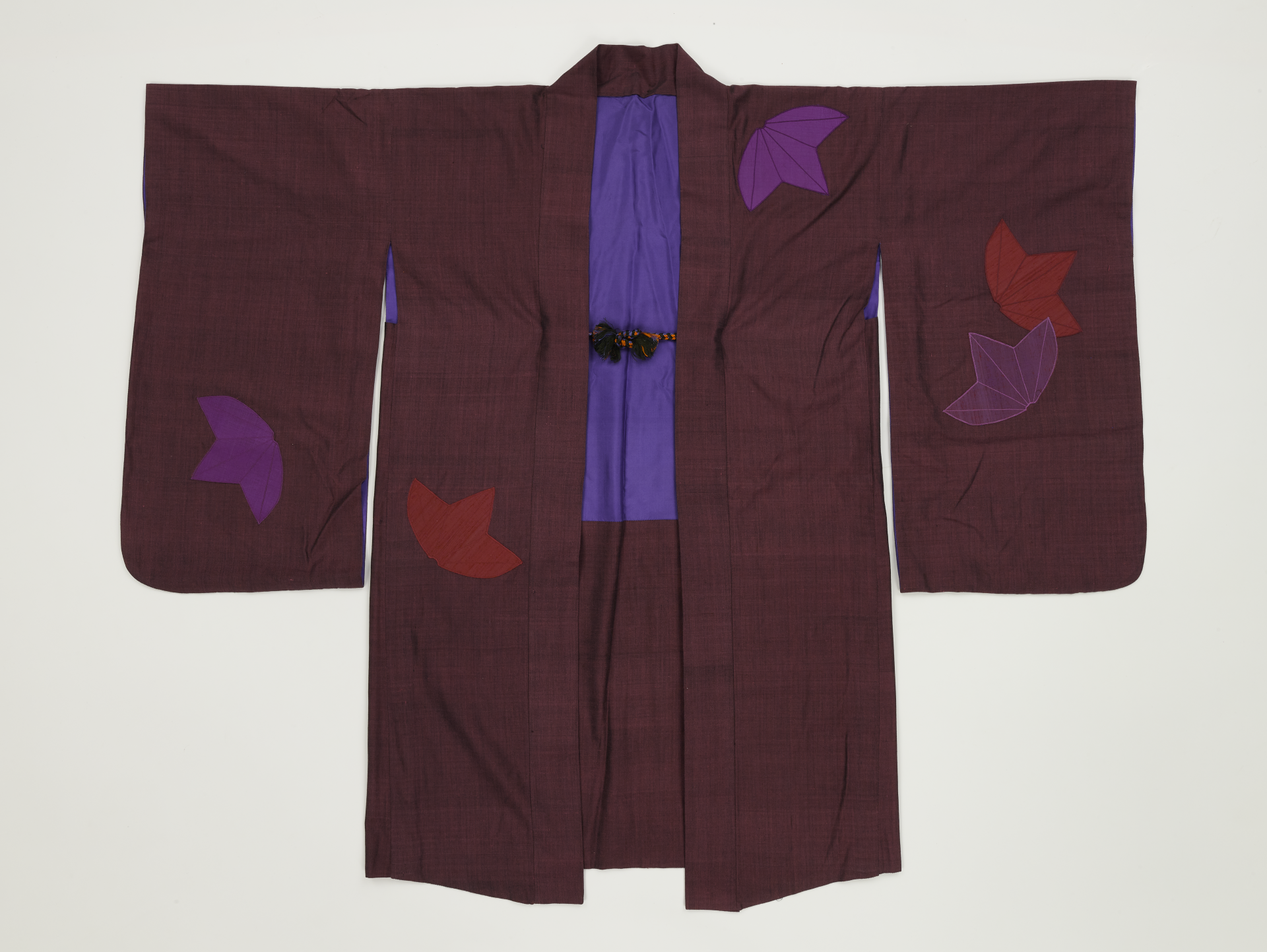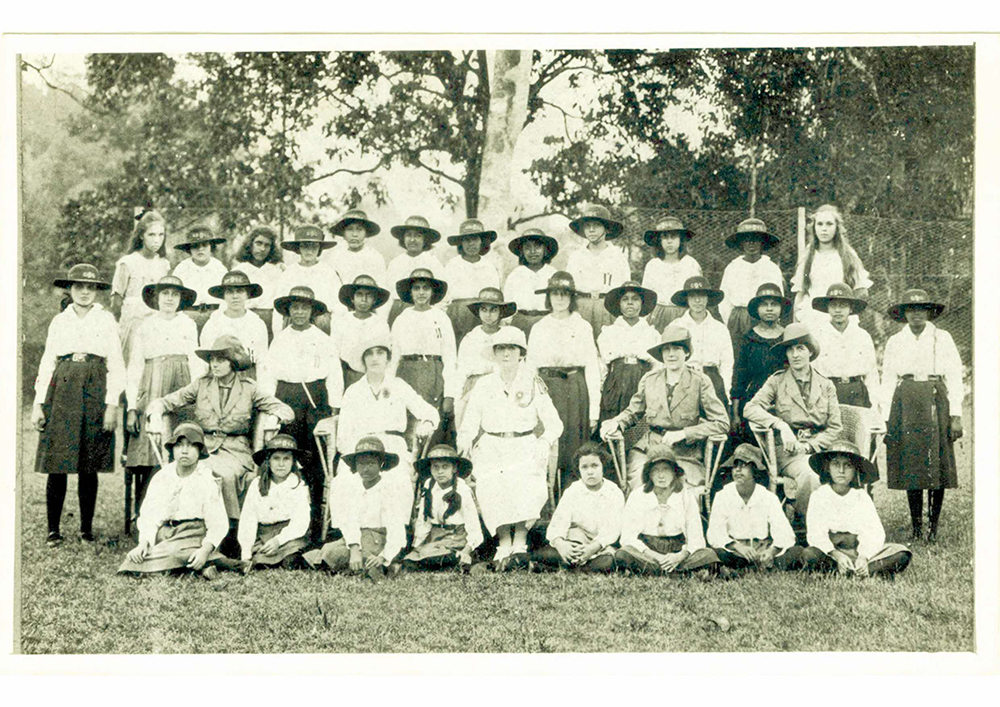“Cooks In The Kitchen” is a major work that comes from Manual Ocampo’s 1990s’ period, which is regarded as one of the artist’s most significant phases. It features three black cooks – depicted provocatively in ‘blackface’, a form of theatrical make-up that perpetuates racist stereotypes – who are in the act of disembowelling one Caucasian man, and eating the brain of another. In tandem with these images of violence, is the line of text at the top, “The Development of Art – Immigrant Version” which references art history from the perspective of post-colonial critique. One of the most internationally recognised Philippine contemporary artists, Manuel Ocampo has gained notoriety for his heady paintings that are often populated with crosses and swastikas, skulls and sacred hearts, God and demons, alongside images of decapitations and disembowelment, sex and violence. Although seemingly deliberately provocative with racist, blasphemous and anti-Semitic imagery and text, and offensive slurs, Ocampo’s paintings are also sharp and self-reflexive critiques on social issues, multiculturalism and history. Growing up in Manila and then living in L.A. in the early-1990s, Ocampo experienced life as an outsider and racial minority in the United States. Indeed, themes of identity politics, the long shadow of colonial rule in the Philippines, American imperialism and capitalism, the hypocrisy of organised religion like Catholicism, and politics have consistently coursed through his works.Manuel Ocampo (Philippines, b. 1965) is a painter who plays with religious and cultural symbolism and iconography. He studied at the University of the Philippines in Quezon City and moved to the United States to study at California State University in 1985. He has exhibited widely in the United States, Europe and Philippines, including representing Philippines in the 57th Venice Biennale. In 2003, Ocampo moved back to the Philippines and co-founded the Department of Avant-Garde Clichés Gallery in Manila, where he now lives and works.





